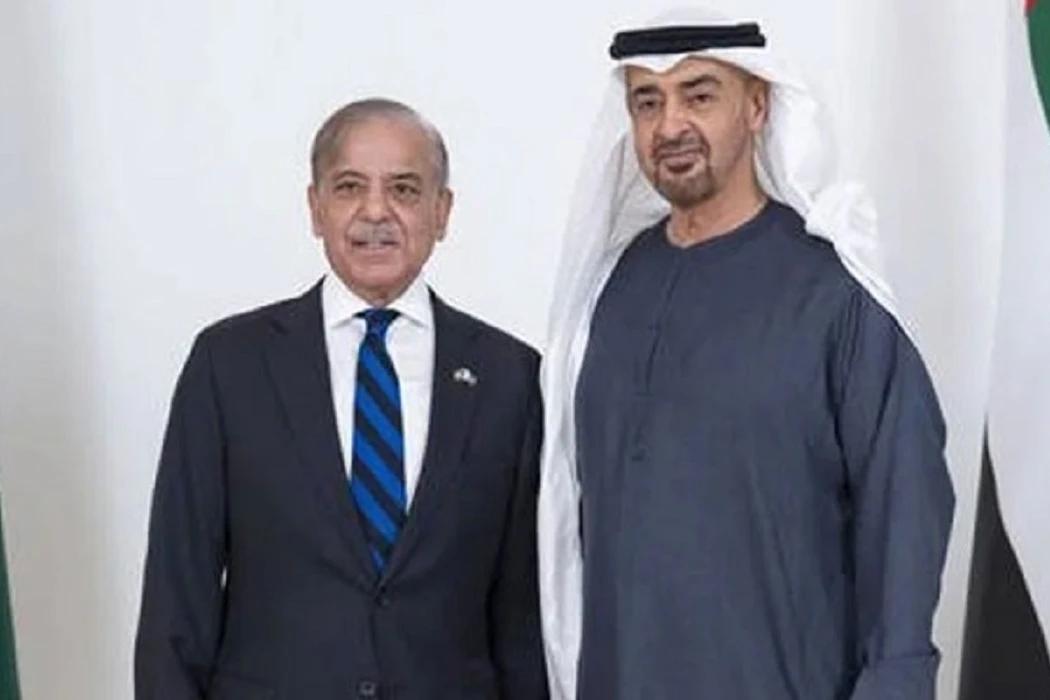Kristalina Georgieva says strong demand from the US, supply chain disruptions and the Ukraine war effects all point to longer-lasting inflation


International Monetary Fund Managing Director Kristalina Georgieva said on Thursday that global finance leaders may need to become more comfortable with fighting multiple bouts of inflationary pressures.
Georgieva told Reuters that it was getting harder for central banks to bring down inflation without causing recessions, due to mounting pressures on energy and food prices from Russia's war in Ukraine, China's zero-COVID policies that have slashed manufacturing with lockdowns, and the need to reorder supply chains to make them more resilient.
"I think what we need to start getting more comfortable with is, that may not be the last shock," she said, noting that she stopped viewing inflation as a "transitory" one-time shock when the Omicron COVID-19 outbreak took hold late last year.
She said strong demand from the United States, supply chain disruptions and the Ukraine war effects all point to longer-lasting inflation. The COVID-19 pandemic is not over and there could be another crisis, she added on the sidelines of a G7 finance ministers and central bank governors meeting in Germany.
China's zero-COVID policy, which has led to widespread lockdown in major cities, is unworkable due to highly contagious variants, but officials in Beijing are "digging their heels" in to resist altering it, she said, adding that its effects would be discussed at the meeting.
She said she was "actually not too worried" about China's economy because the Beijing government has fiscal and monetary policy space to support growth.
Georgieva said efforts by countries to shift their supply chains from maximum efficiency to increased resilience, will raise some costs, as there will need to be redundancy.
"So is this going to be a one-time price shock and then no more impact on inflation? Or will it be a kind of clipping our wings more," she said. "We have to figure it out."
Georgieva also said she hoped to talk about concerns she has raised about the global economy fragmenting into competing blocs led by the United States and other market-driven democracies on one side and China, Russia and other state-led economies on the other.
The IMF has said this would be a "disaster" with competing technology, regulatory stems and institutions.
SOURCE: REUTERS
Bangladesh Jamaat-e-Islami concedes defeat in election
- a day ago

SSWMB earns national recognition for clean Sindh initiative
- 43 minutes ago

DG ISPR visits various educational institutions of Lahore
- 3 hours ago
First National Chief of Army Staff Wrestling Championship 2026 concludes in Sialkot
- 20 hours ago
Boycott averted, Pakistan and India set for World Cup blockbuster
- a day ago

Field Marshal Syed Asim Munir meets global leaders during Germany visit
- 3 hours ago

YouTube is coming to the Apple Vision Pro
- 13 hours ago
PM Shehbaz unveils Rs38b Ramazan Relief Package
- a day ago

Could lab monkeys soon become a thing of the past?
- 11 hours ago
Tucker stars as Ireland crush Oman by 96 runs at T20 World Cup
- a day ago

PM Shehbaz leaves for Vienna, Austria on two-day official visit
- 4 hours ago
Imran Khan, both sons talk over phone after prolonged hiatus
- a day ago













